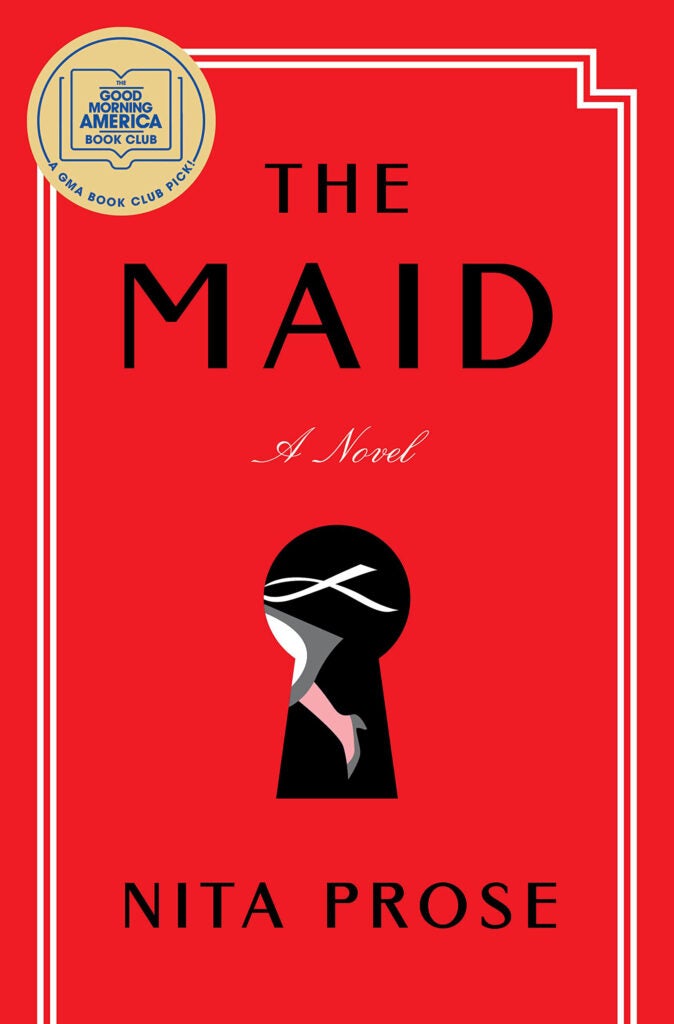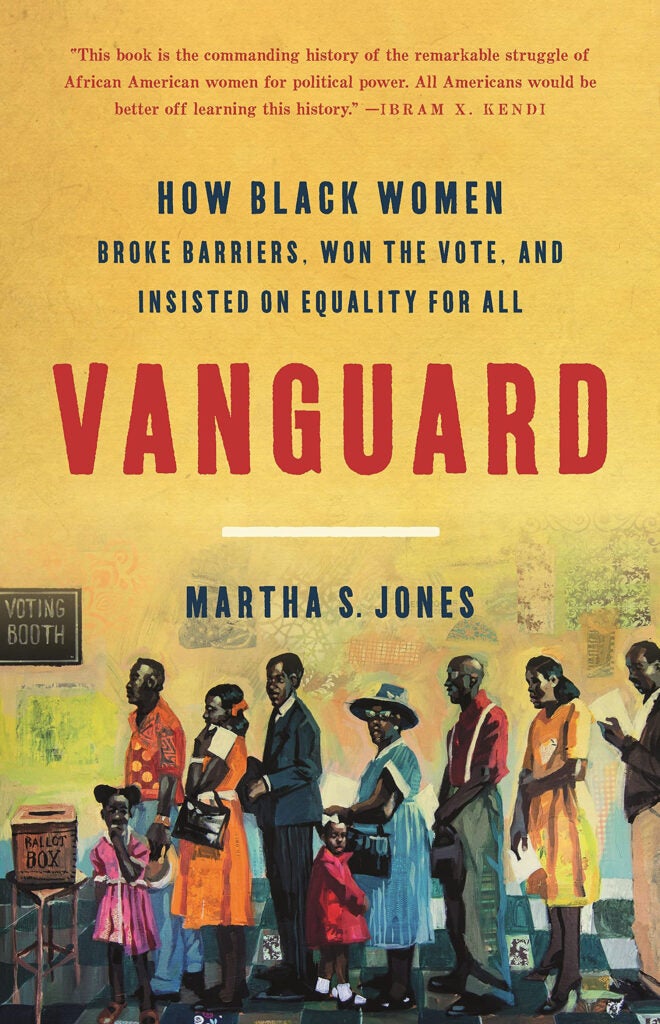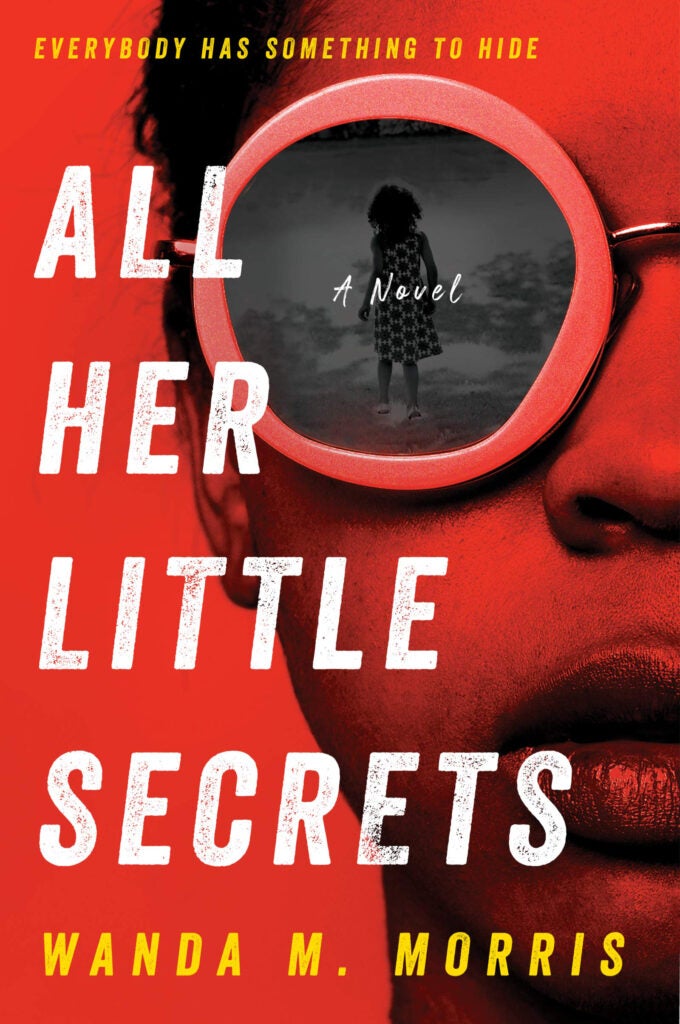
“The Sentence: A Novel” by Louise Erdrich
A sentence can be as brief as one word: “Run!” Or a sentence can drone on like humor writer Dave Cowen’s one sentence that runs for 111,111 words. But Tookie’s sentence was for 60 years, from a judge who believed in an afterlife. The word now took on a different meaning as Erdrich describes each letter “with its yawning c, belligerent little e’s, with its hissing sibilants and double n’s, this repetitive bummer of a word made of slyly stabbing letters that surrounded an isolate human t, this word was in my thoughts every moment of every day.”
Tookie, an Ojibwe, is released after 14 years during which she devoured every title the prison library had in its collection. Searching for a job comes easy when she sees the “help wanted” sign in the local bookstore dedicated to indigenous works and writers.
The most annoying customer, Flora, appears at the store one day with a photo of her great-grandmother, claiming the woman was ashamed of being Indian. Tookie decides “the picture of the woman looked Indianesque, or she might have just been in a bad mood.”
Then Flora dies on All Souls’ Day while reading a book that Tookie has never seen. Flora begins to haunt the bookstore. What does she want and why does she keep knocking certain books off of the shelves? What can the staff do to placate Flora and help her move on?
COVID hits Minnesota and the store shuts down to online orders only leaving the staff alone in the shop with Flora. And shortly later George Floyd is murdered, and Minneapolis becomes a tinder box.
There is more trouble when Tookie’s stepdaughter shows up with a newborn, for an indefinite stay putting a strain on Tookie’s marriage. It seems the entire world is now falling apart, but Flora just wants to hang on and won’t leave the bookstore.
Erdrich herself is a bookseller, owning Birchbark Books in Minneapolis. The store had to pivot their operations just like the rest of us. She had to watch as her beloved Minneapolis smoldered with rage and hate. As one character in the story puts it: “What we’re living through is either unreal or too real. I can’t decide.”
Throughout the encounters in the bookstore, the staff helps customers with reading recommendations. The list of those titles is included on numerous pages in the back of the book. Tookie has the final words when she states that “books contain everything worth knowing, except what ultimately matters.”
Erdrich claims that she received an American Heritage Dictionary as a contest runner-up prize in 1971, which became her most important possession and stayed with her during college, her marriage, and ended up containing the trophies of newspaper clippings, pressed flowers and bookmarks from vanished stores.
— Review by Lizz Taylor, Poor Richard’s Books

“The Maid: A Novel” by Nita Prose
Molly Gray, 25 years old has always had difficulties reading the social signals and intentions of others. Her Gran, has helped her interpret her encounters with the world, but now Gran has passed away. Molly recalls much of the advice that Gran has shared with her, but Gran never gave instructions about a dead guest.
Being a maid suits Molly. She likes to leave the Regency Grand hotel rooms “restored to a state of perfection.” But what happened to Mr. Black was not included in her training.
Mostly, Molly has been invisible in her maid’s uniform, and quite content with that. She doesn’t mind when guests jump into the elevator and close the door on her. Or when she has to clean up after the illegal guests with numerous air mattresses.
Molly believes that everyone in the hotel is a worker bee and that they all contribute to the hotel’s success. So, she tries to help Manuel from the kitchen when she is told that he has become homeless. She slips him a different room key each night so that he can live undetected in the hotel. When she goes to clean his room one morning, she is surprised to meet his colleagues who have made a mess possibly from powdered donuts. But as they are friends of Manuel, she is willing to overlook their carelessness.
But with Mr. Black’s death, everything is different. Molly decides to help Mr. Black’s wife without realizing the danger involved for herself.
The police find Molly’s interrogation answers unusual, and suspicious. The chief detective cannot accept that Molly’s innocence is sincere.
The story takes place over five days, and the plot twists as we get to know each of the story’s characters. This “who done it” is charming, and clever, and Prose delivers a heartwarming story that shouldn’t be missed. Library Journal said: “The character-rich mystery ends with several unusual turns that will appeal to fans of Eleanor Oliphant and other sympathetic heroines.”
Nita Prose lives in Canada, and claims her house is only moderately clean, never in a state of perfection!
— Review by Lizz Taylor, Poor Richard’s Books

“Vanguard: How Black Women Broke Barriers, Won the Vote, and Insisted on Equality for All” by Martha S. Jones
In celebration of Black Women’s History Month, we would like to spotlight this book on the Black women who fought for decades for basic rights including the right to vote. Not only does Jones write about women that are well known, such as Harriet Tubman, Fannie Lou Hamer, and Sojourner Truth, she also talks about less famous activists who helped shape Black women’s rights and equality, but never made the front page of newspapers.
Jones put together this book as a series of mini-biographies, starting with the late 19th century until recent times. She relates the stories of Black women in the activist movement, describing the hurdles they faced, not just as women, but as Black women.
Finally, Jones reminds us of the road ahead, despite the successes of women such as Shirley Chisholm, Kamala Harris, and Stacey Abrams. Good representation of Black women’s history, voting rights, and political activism in the U.S.
— Review by Paul Sawyier Public Library staff

“All Her Little Secrets” by Wanda M. Morris
In her excellent debut crime novel, Morris tells the story of Ellice Littlejohn, a 40-something attorney living in Atlanta. From a small town in Georgia, Ellice climbs the corporate ladder to become the only Black executive on the prestigious “20th Floor” of her corporation. Going to the office early one morning to meet her boss (who is also her married lover), she finds him dead from a gunshot to the head.
Ellice leaves the room, walking away as if nothing happened. Just another secret in a life full of secrets.
Ellice is immediately promoted to fill his position as chief legal counsel. Confused by the rush to hire her into the job, she becomes suspicious of the reason.
Is it to satisfy protestors picketing the lack of diversity in the company? Had her boss uncovered corporate corruption and been silenced? While attempting to keep her past in the past, Ellice dodges the police inquiries into her boss’s death and begins her own investigation.
Hope you enjoy it as much as I did!
— Review by Karyn Collins, Paul Sawyier Public Library staff










